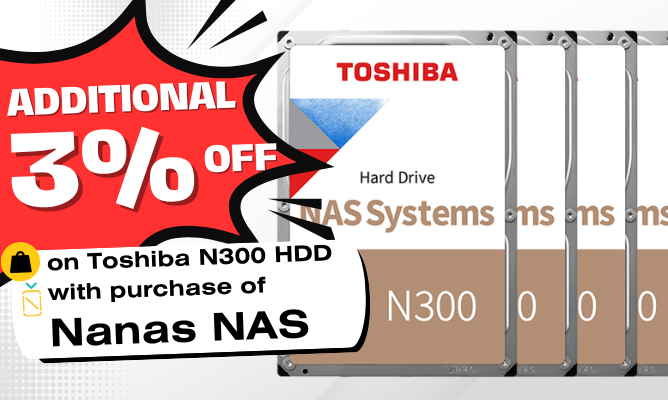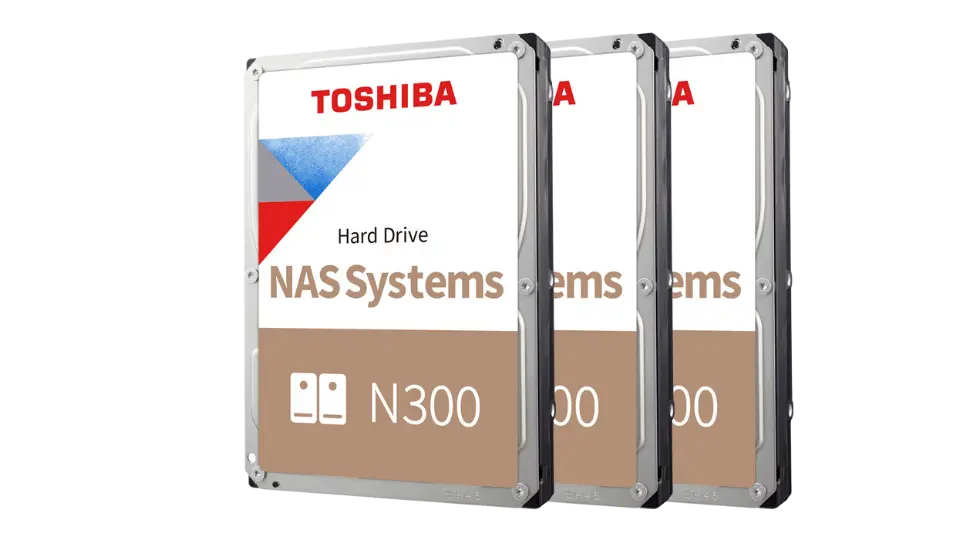Nanas StorageCube SC800-AI
Want to Learn AI?
By hosting your own AI environment locally with Nvidia RTX 5060 Ti GPU, you maintain data sovereignty and privacy while gaining hands-on experience with modern machine-learning tools such as PyTorch, TensorFlow, or Ollama. The Nanas SC800 provides the performance headroom to:
- Run and fine-tune LLMs for chat and automation
- Experiment with AI image generation or facial recognition
- Accelerate video and media processing using GPU compute
- Learn and prototype AI applications in a secure, self-hosted environment
Whether you’re a developer, researcher, or simply curious about AI, a GPU addon makes it easier to start learning, testing, and building locally with full control over your data and your models.







Limited Time Offer! Nanas SC800-AI comes with 2x AI Apps Pre-installed.
Maintain Your Data Sovereignty and Privacy with Local AI.
Contact us to get a demo login account to experience the apps

Local AI Text Generation

Local AI Image Generation

AMD Ryzen 7 Processor
High-Performance CPU with 8 cores, 16 threads, and DDR5 memory deliver exceptional speed and multitasking power for virtualisation, containers, and data-heavy workloads.

Nanas: Local Brand, Local Support 🇧🇳
Assembled and curated with care by a local team who understands your needs, and backed by dedicated, approachable after-sales support.

Powered by TrueNAS
Runs on TrueNAS. Enjoy the freedom of open-source flexibility with advanced storage features, app hosting, and seamless scalability built right in.
Virtualisation
Unlock the full potential of your NAS with virtualisation support with AMD Ryzen's multi-core performance and high-speed NVMe storage.
Multiple Operating Systems
Run multiple operating systems or virtual machines directly on your NAS.
Testing & Development
Ideal for testing, development, and isolated workloads.
Powerful Multi-Core Performance
Leverage the CPU with 8 cores / 16 threads and high capacity DDR5 memory to run multiple virtual machines smoothly.

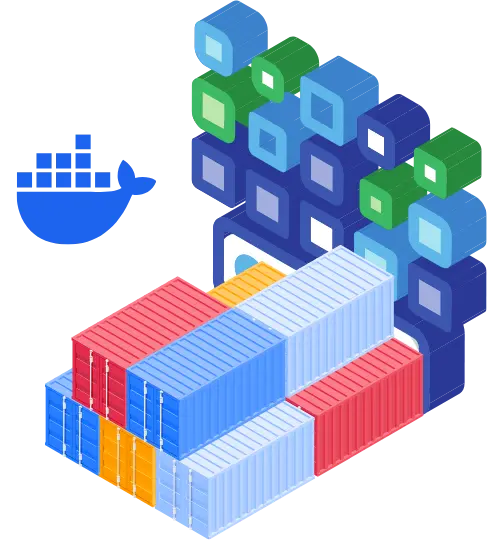
Containers
Combined with NVMe storage and DDR5 memory, container workloads stay fast, isolated, and reliable.
App Deployment
Run containerised apps efficiently using Docker
Easy Scaling and Management
Deploy, update, and maintain multiple containers with minimal system overhead.
Flexible Service Hosting
Perfect for self-hosted tools such as databases, web servers, and automation systems.
Enhanced Reliability
Keep apps isolated for better stability, security, and uptime.
Endless Possibilities with Virtual Machines & Container Apps
Run your favourite apps from photo galleries and media servers to home automation and office tools on your Nanas NAS. At the same time, gain real-world experience with server usage, protocols, and networking, making it a great way to begin your journey into understanding servers.
Uses Standard PC Components


Standard-sized Mounting
for CPU Cooler & System Fans
Uses common PC cooling mounts and fan sizes, making it easy to upgrade, replace, or customise your cooling setup with readily available components.

80+ Gold SFX Power Supply
High-efficiency 80+ Gold certified PSU ensures stable power delivery. Component easily available in the market if there is a need for replacement.


Pre-installed with RTX 5060 Ti 16GB
Comes out-of-the-box with GPU installed. Unlock the capability of AI computation instantly with Text & Image generative AI pre-installed.
ITX PC Case
Compact and practical, the ITX chassis provides easy access to components, so you can replace the motherboard and other parts in the future if newer technologies become available without replacing the entire system.
Wide Compatibility with 3.5" NAS HDDs
Designed to support a wide range of standard 3.5-inch NAS hard drives, ensuring flexibility in storage capacity and brand choice. Easily mix and match drives from major manufacturers.
Who is this for?
Nanas NAS is for tech enthusiasts, homelab users, small businesses, and professionals who want full control over their data and network.
It’s perfect for those who enjoy building, learning, and managing their own storage and server systems. Whether you’re setting up a media hub, a home lab, or a business file server, TrueNAS offers the flexibility and performance to grow with your needs.

Contact us for a FREE consultation
Don't know which product is right for you? No worries. Just talk to us.
We're happy to guide you through the options based on your goals and budget.
| Overview | |
|---|---|
| Brand | Nanas |
| Operating System | TrueNAS |
| Hard Drive Bays | 8 Bays |
| CPU | |
| CPU Model | AMD Ryzen 7 8845HS |
| CPU Spec. | 8-Core / 16-Thread 3.8GHz |
| CPU Geekbench Score | 2,609 (Single-Core) / 12,874 (Multi-Core) |
| Video Encoding | AMD Radeon™ 780M 2.7GHz |
| Storage | |
| # of 3.5" HDD Slots | 8 |
| # of M.2 NVMe Slots | 2 |
| Memory | |
| Memory Size | 32GB (2x16GB) DDR5 On-Die ECC or 32GB (1x32GB) DDR5 On-Die ECC or 64GB (2x32GB) DDR5 On-Die ECC |
| Max. Memory | 64GB |
| Network | |
| # of 2.5GbE RJ45 LAN Ports | 4 |
| Warranty & Support | |
| Warranty | 1 Year |
| Optional Configuration | |
| NVMe Storage | 2 x 512GB TeamGroup MP33 M.2 NVMe or 2 x 1TB TeamGroup MP44 M.2 NVMe |
| PCIe Addon | RTX 5060 Ti 16GB GPU |
Frequently asked questions
We understand that choosing which NAS can be hard. Here are some questions and answers which can help you understand further between the two ecosystems.
Synology DSM is a proprietary operating system designed for ease of use, stability, and integration within Synology’s hardware ecosystem.
Nanas StorageCube runs TrueNAS, an open-source operating system that emphasizes flexibility, performance, and hardware independence.
In short, DSM focuses on simplicity and ease-of-use, while TrueNAS focuses on control and customisation.
Choose Synology NAS if you:
- Prefer a plug-and-play setup that “just works.”
- Easy to use and low learning curve.
- Want minimal configuration or maintenance.
- Need guaranteed reliability. Setup once and forget it.
Choose Nanas NAS if you:
- Have some IT or technical experience in-house.
- Intend to host many server applications (e.g., containers, ERP, VMs, NVR, or web hosting).
- Need higher hardware specification to run your resource intensive server applications.
- Prefer open-source software and standard PC hardware for flexibility and upgradability.
- Want to start learning more about server protocols.
Yes, TrueNAS has a steeper learning curve because it offers more control and customisation options.
Once set up, it’s highly reliable but it requires users to be comfortable managing system updates, permissions, and containers or VM configurations.
Synology DSM, on the other hand, hides most of that complexity behind an easy web interface.
Many common applications overlap, such as:
- File sync and backups
- Media servers (e.g., Plex)
- Surveillance systems
- Cloud and collaboration tools
However, Synology apps are tightly integrated within DSM (Synology Drive, Photos, Office), while Nanas uses open-source equivalents (Nextcloud, Immich, Collabora, etc.) that you can install and configure through Docker or directly on TrueNAS.
Synology apps offer a centralised login system, meaning one user account can access multiple Synology applications seamlessly. In contrast, apps installed on TrueNAS generally require separate login credentials for each application.
While it’s technically possible to integrate these logins through tools like LDAP or single sign-on (SSO) configurations, doing so adds complexity and may not be practical for users who prefer a simpler setup.
Nanas NAS typically use newer, more powerful hardware (DDR5 memory, modern CPUs) at similar or lower cost compared to equivalent Synology models. That gives TrueNAS an edge in raw performance and expandability.
Synology NAS, however, are optimised end-to-end — offering consistent performance with less manual tuning.
Yes. Both DSM and TrueNAS support rsync, SMB, and NFS protocols, allowing cross-platform backup or synchronisation.
You can use Synology Hyper Backup or TrueNAS replication tasks to create offsite backups between the two systems.
Nanas NAS can be served as a backup destination target for Synology Hyper Backup.
Yes. Synology’s QuickConnect service allows remote access without complex configuration.
TrueNAS can also be accessed remotely but typically requires a VPN setup or third-party relay service, offering more control but needing a bit more setup effort.
Synology pushes automatic, verified updates to DSM, ensuring smooth upgrades with minimal user action.
TrueNAS updates are manual and user-driven, giving you control over when and how to update, which is ideal for users who want to test updates before deployment.
Yes. Both systems support Docker containers and virtual machines.
However, running containers or VMs can be resource-intensive, especially when hosting multiple services simultaneously.
If using containers or virtual machines is your primary goal, you may want to consider a higher-performance system like Nanas NAS, which offers more powerful hardware and greater flexibility for these workloads.
Synology: Uses proprietary hardware and DSM; only Synology devices can run DSM legally.
Nanas: Built from standard PC components. All parts are replaceable and compatible with open-source TrueNAS, ensuring no lock-in and easier long-term upgrades.
If your business values uptime, simplicity, and official support, Synology is the safer choice.
If your business has in-house IT skills or prefers customised performance and flexibility, Nanas NAS provides better hardware scalability and integration freedom.
That’s completely fine — both options are available from us.
We recommend:
- Synology for offices and teams that want a reliable, maintenance-free NAS.
- Nanas for power users, homelabbers, and small businesses who like having full control.
Our team can help assess your use case and recommend the most suitable model.

%20DDR5%20On-Die%20ECC,%202%20x%20512GB%20TeamGroup%20MP33%20M.2%20NVMe)?unique=63f2148)
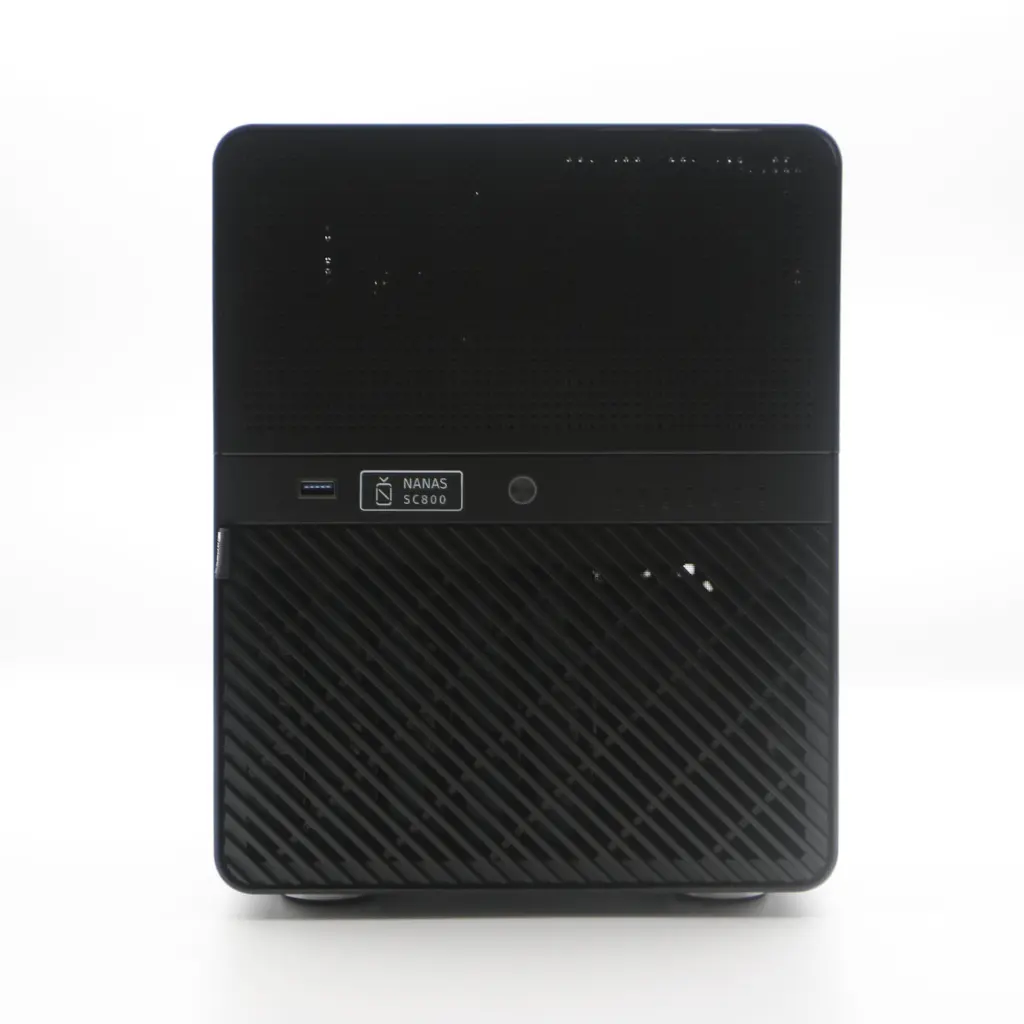
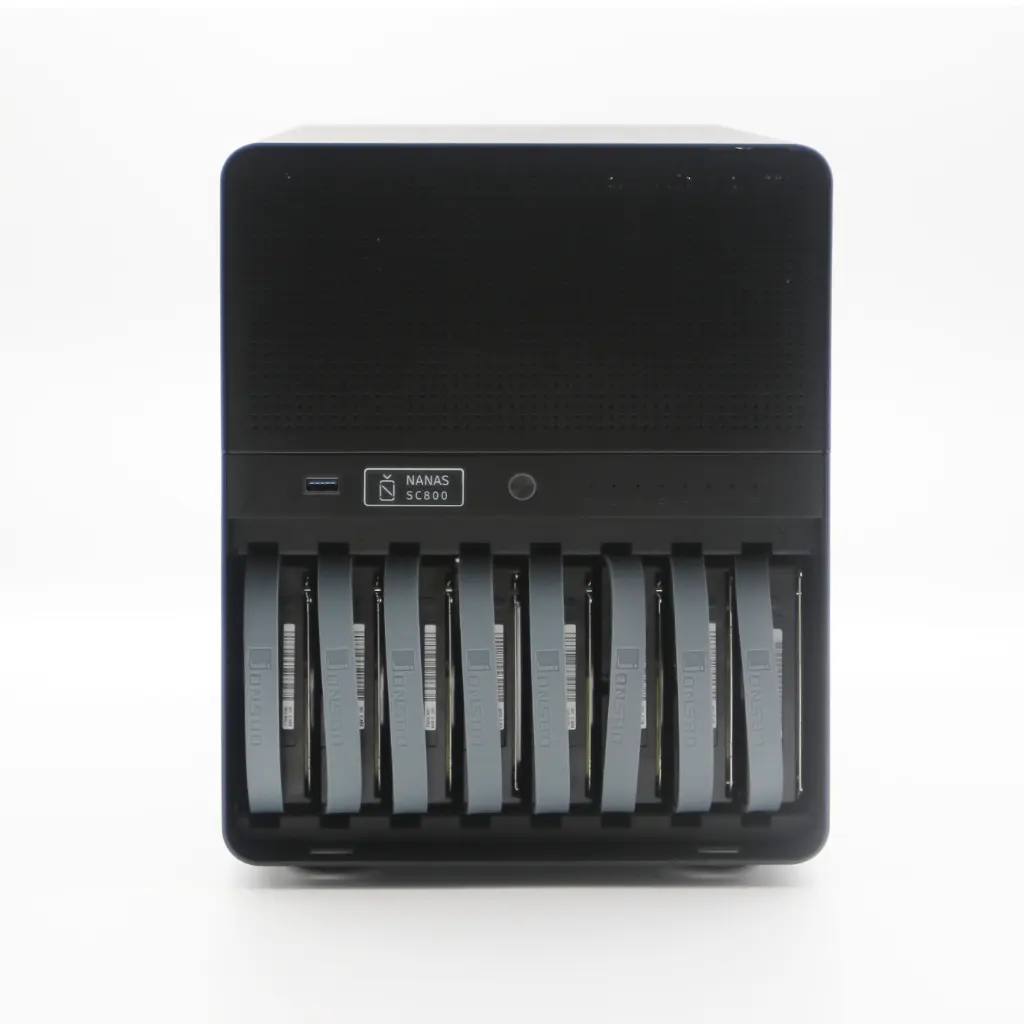
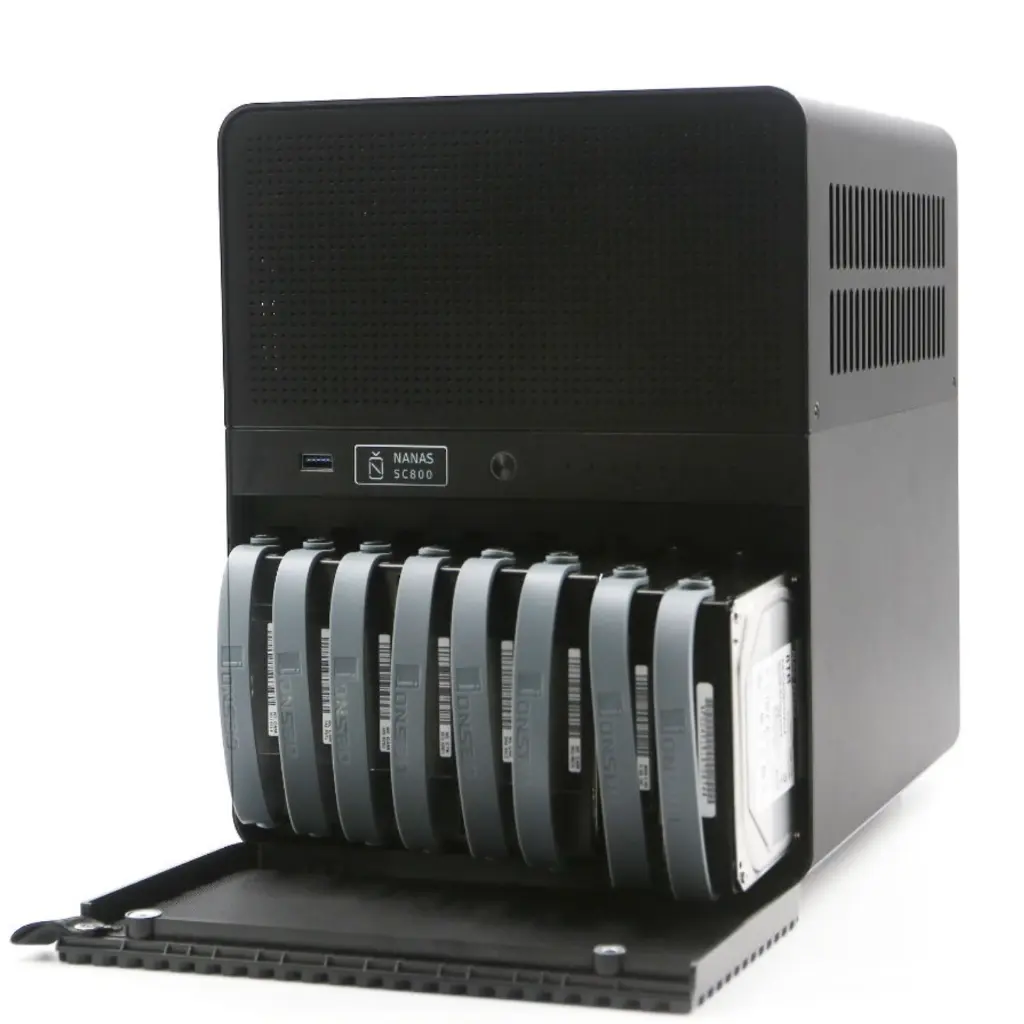
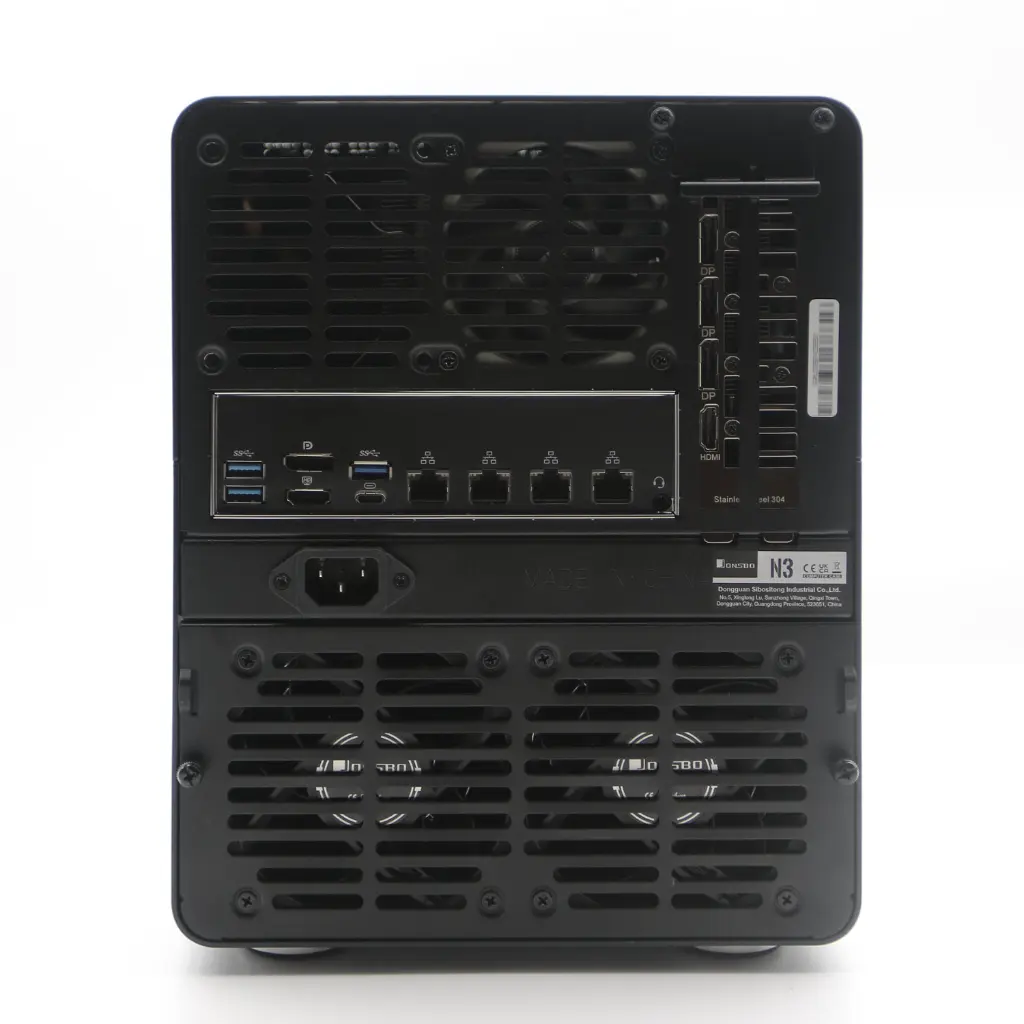
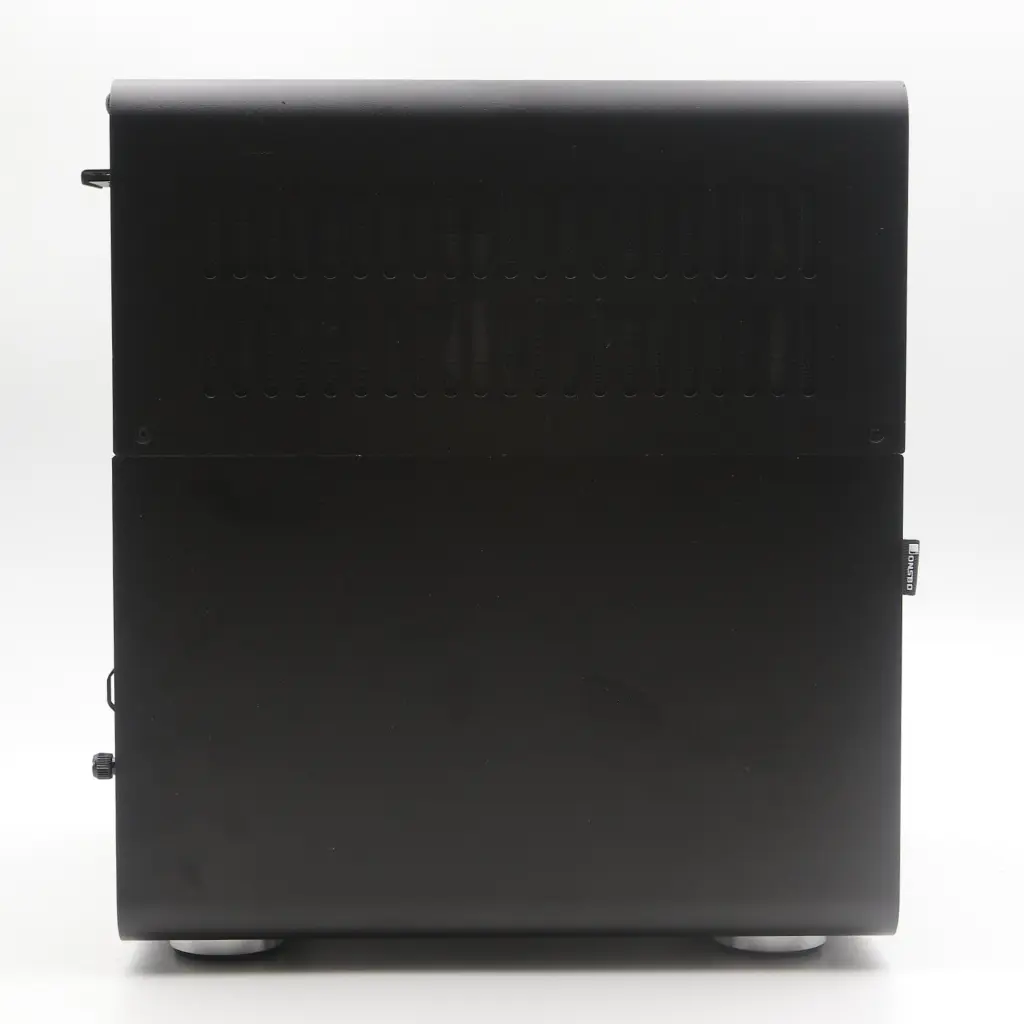
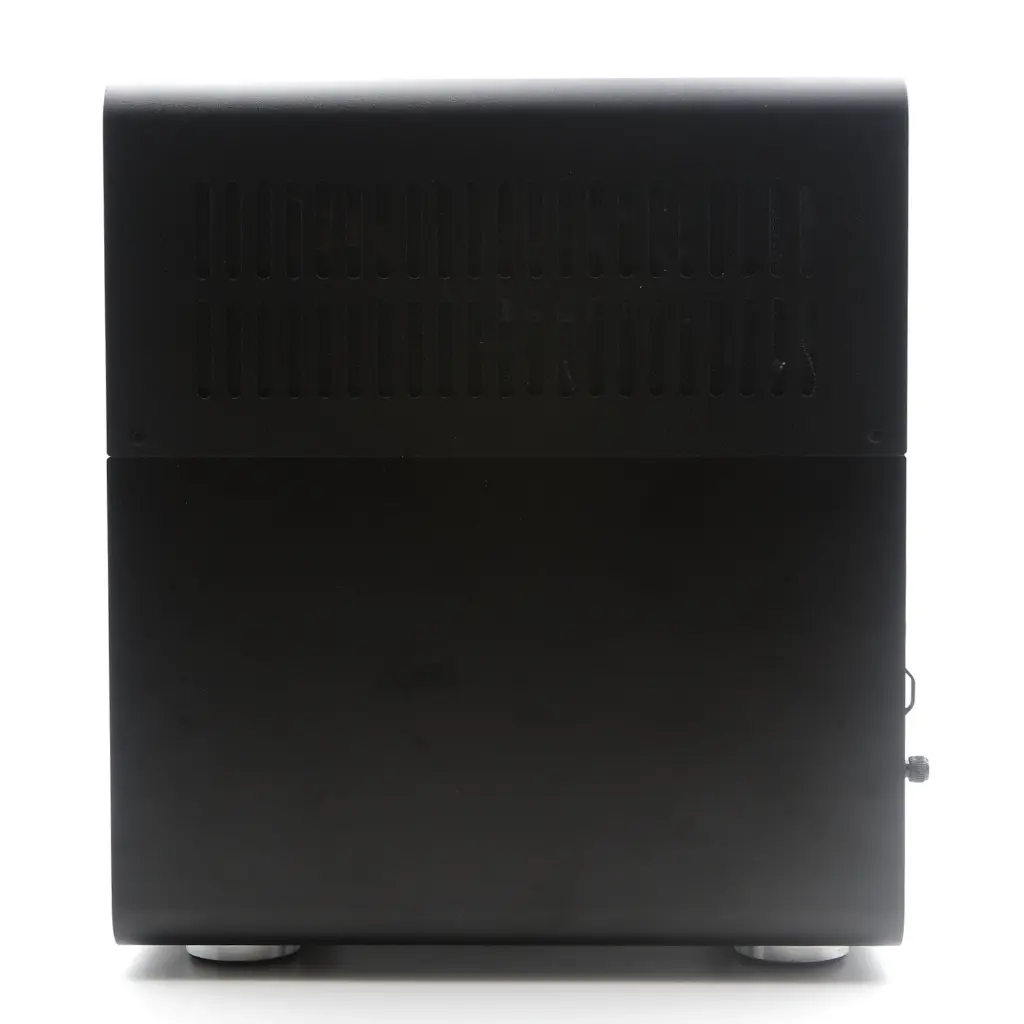
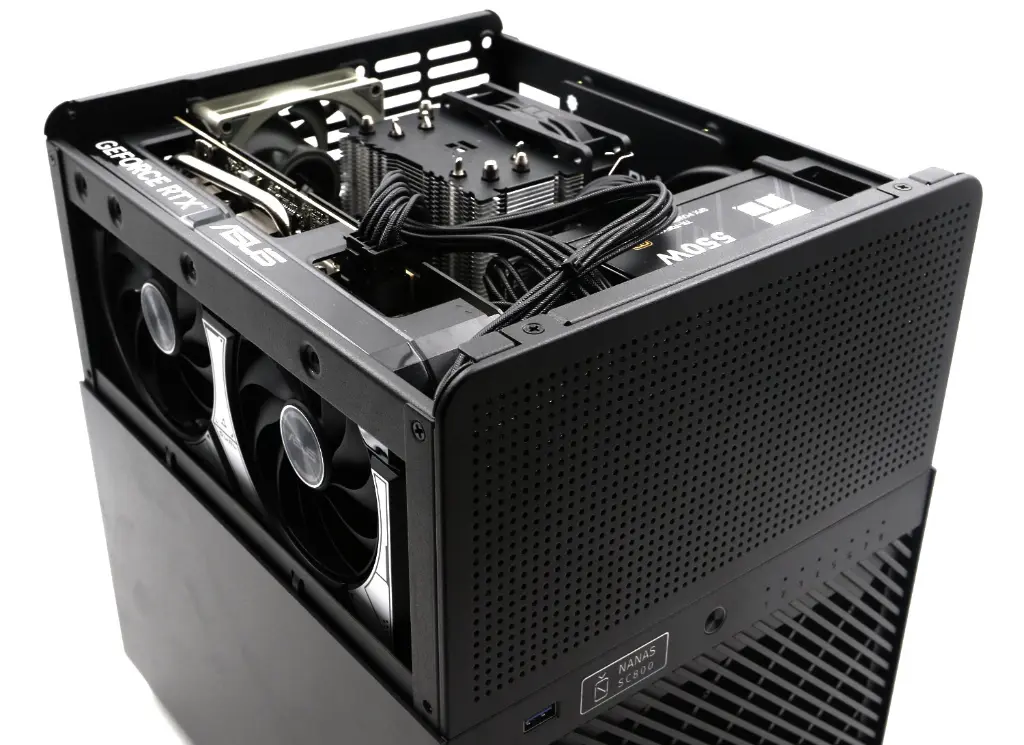
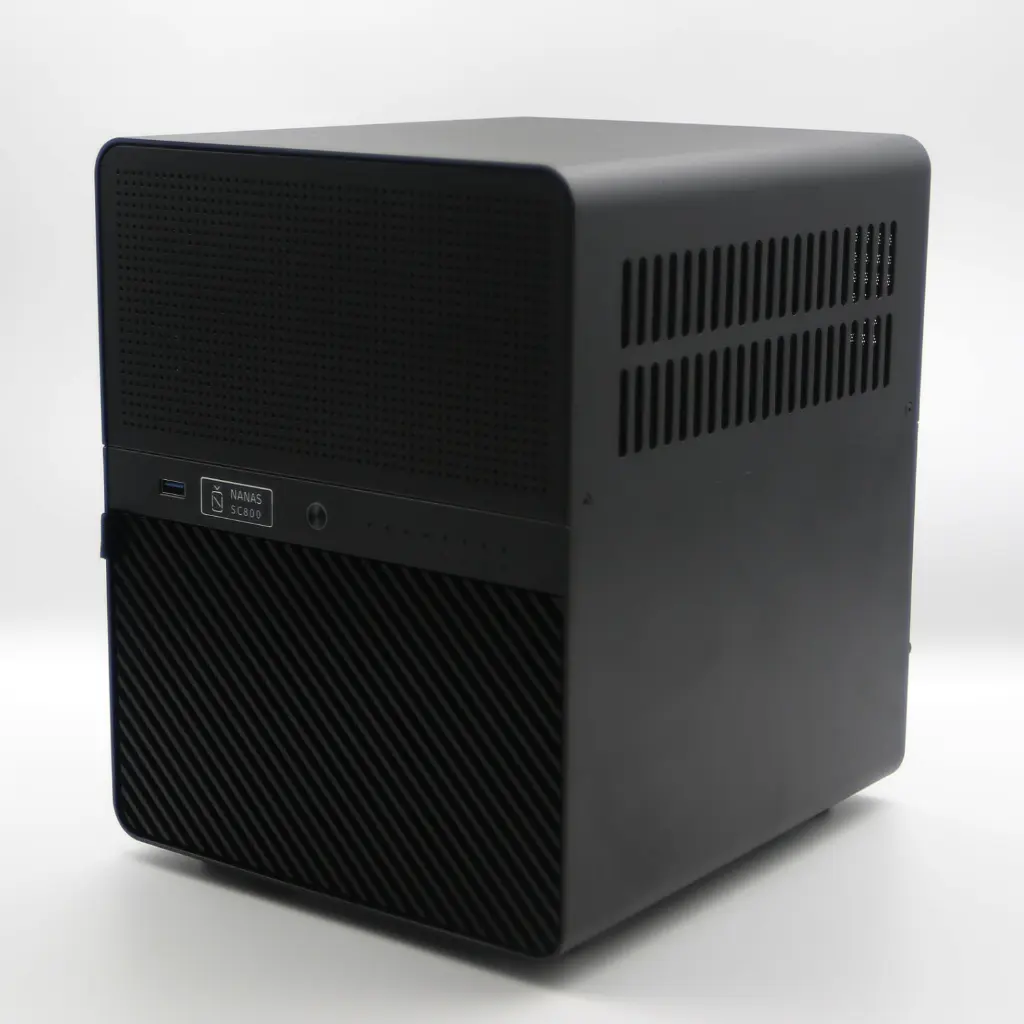
%20DDR5%20On-Die%20ECC,%202%20x%20512GB%20TeamGroup%20MP33%20M.2%20NVMe)?unique=63f2148)











